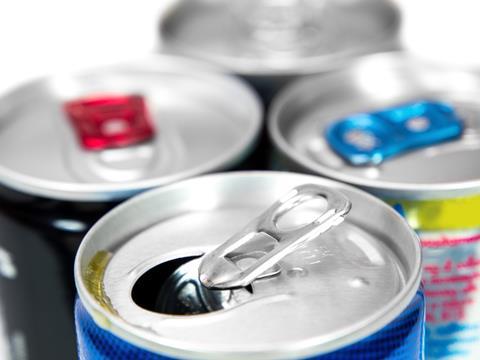
A new report by the Committee on Toxicity (COT) will certainly add an unwelcome ingredient into the mix for the government as it nears the end of a consultation on its plans for a sweeping ban on energy drinks.
The report finds little evidence energy drinks (or EDs) are more damaging to normal children than tea, coffee or cola.
To use slightly less scientific terms than its own, the report finds it’s hard to tell the difference between kids wired on too much Red Bull and normal teenage behaviour, a conclusion parents will surely agree with.
That’s not to say most people won’t also agree that cracking down on energy drinks is a good thing. The Grocer’s Daniel Selwood wrote powerfully about this subject when the government launched its long-flagged review in August.
Even the industry itself has long accepted the need to be seen to protect kids from potential harm, with all the major supermarkets having already brought in bans on sales to under-16s.
Read more: How will supermarkets enforce an under-16 energy drink ban?
Yet it does go to show the perils of political point scoring versus evidence-based policy.
The DH claimed when it launched the consultation that evidence firmly suggested excessive consumption of energy drinks by children was linked to negative health outcomes, affecting children’s physical and mental health and leading to a lack of sleep.
According to the COT report, the evidence in support of that is about as clear as a Jägerbomb in a dimly lit club (no under-16s allowed, of course).
All the more reason for the industry to keep scrutinising politicians when they suggest public health policies. Most of us pretty much agree on energy drinks, even if the evidence is not particularly strong – but that will not always be the case.



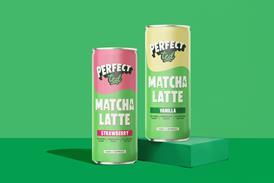
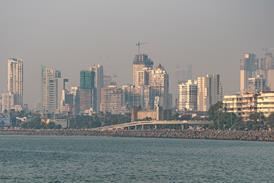


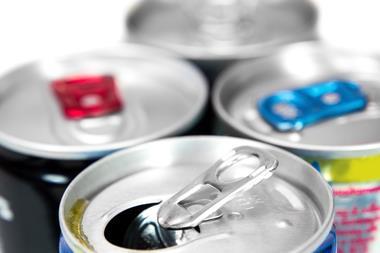
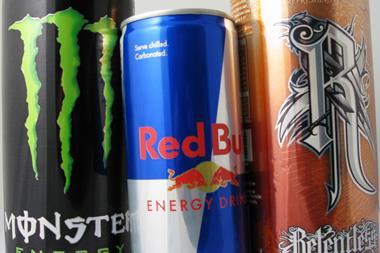
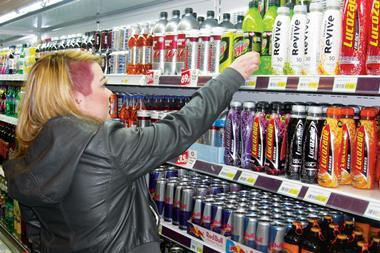
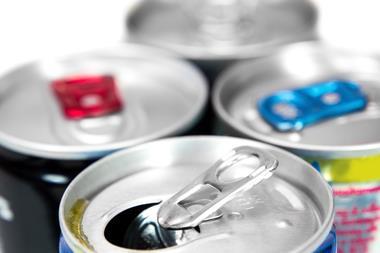







No comments yet